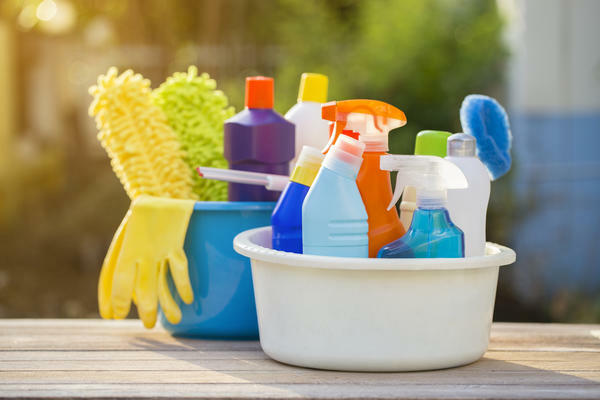What are phosphates and why are they needed?
Phosphates have been used in the production of detergents for a long time. For example, in washing powders, phosphates act as a "binder", namely, they are used to emulsify fats, which enhances the effect of surfactants (surfactants). With the help of phosphates, surfactants penetrate deeper into the fibers of tissues, and the deeper the surfactants penetrate, the better they wash off dirt. Thus, the use of phosphates in the composition contributes to a better washing of things. In the composition of tablets for dishwashers, phosphates are a binding component for other elements in the composition, they help to clean dishes better, and also soften water, preventing the formation of scale in the dishwasher.
Why are phosphate-free products more environmentally friendly?
Phosphates by themselves as components do not cause harm to human health, however, they can affect other organisms, namely unicellular microorganisms – algae. When phosphate in large quantities goes into the sewer and then into the sewage, it becomes food for algae, which stimulates their growth in reservoirs. A number of countries that banned the use of phosphates in the composition of funds hoped to reduce algae blooms and prevent pollution of lakes and rivers. However, any substance, organic or not, has an effect on a living organism. Phosphates carry certain functions that cannot be fully replaced by other components.
Does this mean that phosphate-free products are worse than phosphate ones?
Each compound in the composition of the product carries some kind of function, and if you remove one of them, the function will not be performed, so phosphates are replaced, for example, by complexons, but it is not known how much harm, less or more, they cause to the environment.
